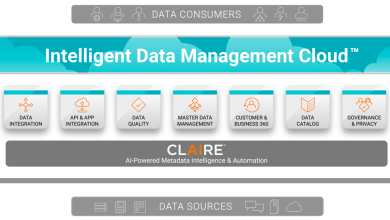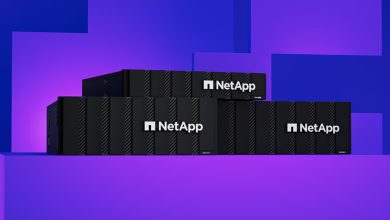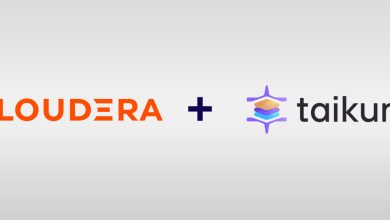
The growth of the Halal food and beverage business and the demands for Halal products are anticipated to rise significantly in the coming years.
According to Adroit Market Research, the global Halal market is envisioned to reach the height of USD 11.2 trillion by 2028. Another study, this one by Inkwood Research, predicts that the global Halal food and beverage market will grow at a CAGR of 6.05% in terms of value during the forecast period, resulting in USD 875.99 billion in revenue by 2028. The two studies indicate that the Halal industry is ever-growing, and will only expand, especially as the concept of Halal continues to gain attention and strengthen its market position in Muslim as well as non-Muslim countries.
The Halal Food Market
In recent years, the Halal certification has expanded from being a symbol of religious observance to one that guarantees the food’s safety, cleanliness, and dependability, making it a favourite among shoppers of all faiths, not just Muslims. In the future, the global Halal market is anticipated to become more concentrated due to technological development and growing investments in the industry.
Nevertheless, the complexity in the implementation of Halal standards across the value chain limits the expansion of the global Halal food and beverage business. This complexity is compounded by the fact that labelling ingredients as Halal or Haram has become more difficult in today’s global markets, where supplies originate from all over the world. Moreover, the inadequate hygienic practices and production and processing facilities, and most importantly the expiration of Halal certifications, create a margin for doubt, and weaken the consumer’s trust.
Now more than ever, the logistics and supply chain of the Halal food business needs to be modernised. Keeping the Halal integrity of the supply chain intact from farm to table is essential, making logistics an important consideration for these items.
ONEERP for Halal Industry
With a trusted Halal certification in place, shoppers can rest certain that the products they consider to buy do conform to the strict Halal requirements.
With the help of Azentio ONEERP for Halal Industry your organisation can stay in line with these requirements, and even futureproof your business through blockchain integration, setting it apart from the competition and giving it a leg up in the market.
Azentio’s ERP solution, ONEERP for Halal Industry, is the first of its kind to utilise blockchain technology, which allows for granular product traceability to provide end-to-end insight to consumers. Since ONEERP was built from the ground up to offer robust and one-of-a-kind features in line with industry standards, it gives you peace of mind knowing that the Halal items your organisation is distributing are irrefutably genuine.
The capabilities that ONEERP for Halal Industry offers include:
- ·Procurement
- Purchase request, enquiry to a supplier, receipt of quotation
- Vendor validation process
- Certificate upload & verification
- Production
- Work order generation
- Raw material validation
- RM consumption
- FG production HSS details update batch-wise
- Packing and printing
- FG tracing
- Blockchain
- Block definition
- Integration
- Process & control definition
- Audit compliance
- Inventory
- Receipt of material
- Quality check as per HSS requirements
- Generation of Halal pass
- Storage management
- RM and FG location validation
- Batch traceability (forward and backwards)
- Expiration and shelf-life
- Tolerance and other parameters
- Return material and Halal validation
- Sales
- Customer validation
- Order management
- Order processing
- Delivery and scheduling
- Picking (Halal requirement)
- Invoicing to the customer (Halal-certified)
With Azentio ONEERP for Halal Industry, organisations can now integrate with blockchain, enable mobility solutions, have a Halal pass generation, certificate analysis, batch-wise traceability, on-cloud capabilities and a lot more to upgrade their business.
Click on the link below to find out more:





